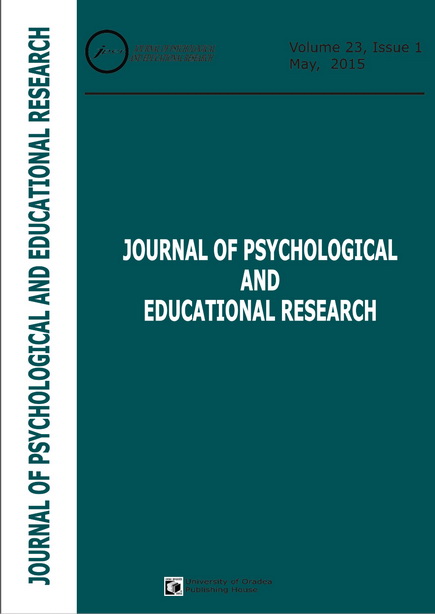Managing the double agenda in executive coaching
Managing the double agenda in executive coaching
Author(s): Delia Podea, Bianca Macavei, Karol J. WildSubject(s): Psychology
Published by: Editura Universitatii din Oradea
Keywords: executive coaching; coaching framework; dysfunctional belief systems
Summary/Abstract: The primary problems addressed in executive coaching are business and management issues; increasing performance; stimulating employees' motivation; applying different kinds of strategies to conflict management; and answering critical questions. It should be noted however, that in almost every case where executive coaching is sought, executives present dysfunctional belief systems that interfere with their management and leadership tasks. This situation creates the need to work on a double agenda in order to achieve long term results, namely: (a) devising work-related action plans, and (b) teaching executives to challenge and restructure their dysfunctional belief systems. In general, in clinical settings, it is relatively common to start working on emotional problems and tackle practical problems later on (Dryden & DiGiuseppe, 1990). However, in organizational settings this may not be always feasible. Making executives aware of how their own emotions interfere with their work-related tasks is not always enough, because of the consequences and the urgent need to resolve practical problems. In this context, we have developed an original framework that enables us to intervene on the double agenda, integrating coaching models from two approaches into the problem solving process: (a) solution focused coaching, and (b) cognitive-behavioral coaching. Our coaching framework increases the level of rationality employed in assessing options and the probability of applying the agreed action plan. Finally, we show how our integrative coaching model can be applied using a case study from our own practice and the implications for future coaching training programs and research.
Journal: Journal of Psychological and Educational Research (JPER)
- Issue Year: XXIII/2015
- Issue No: 1
- Page Range: 89-99
- Page Count: 11

